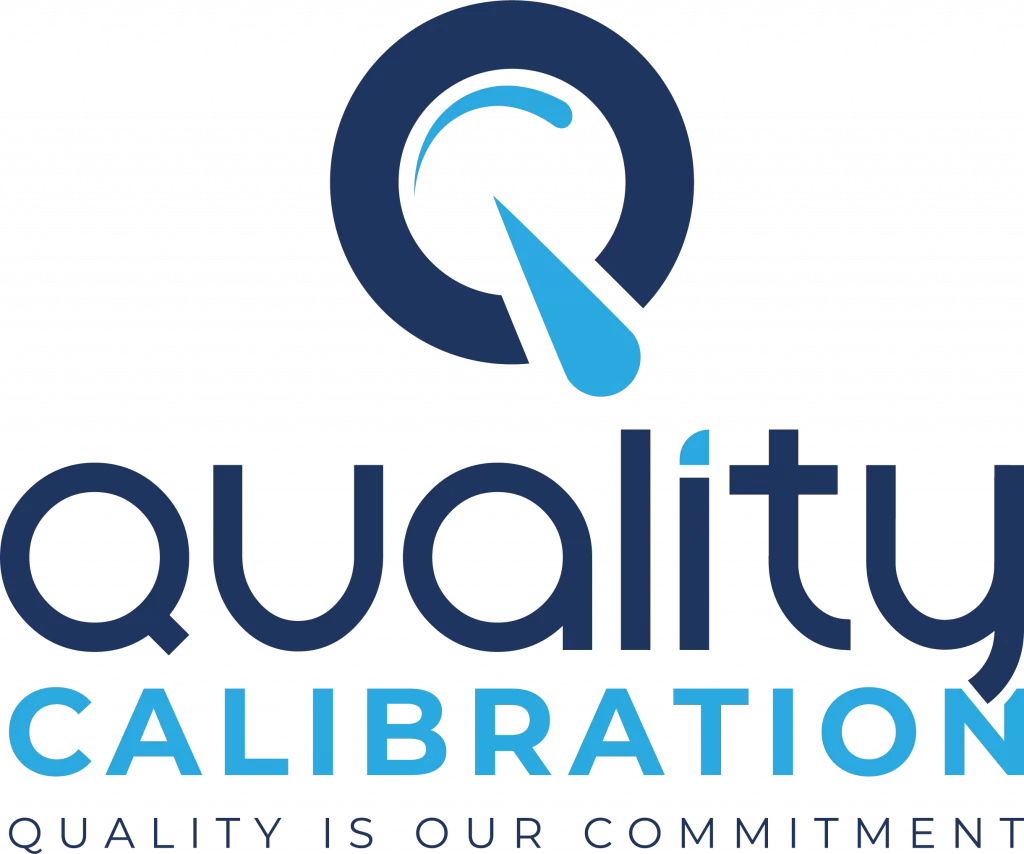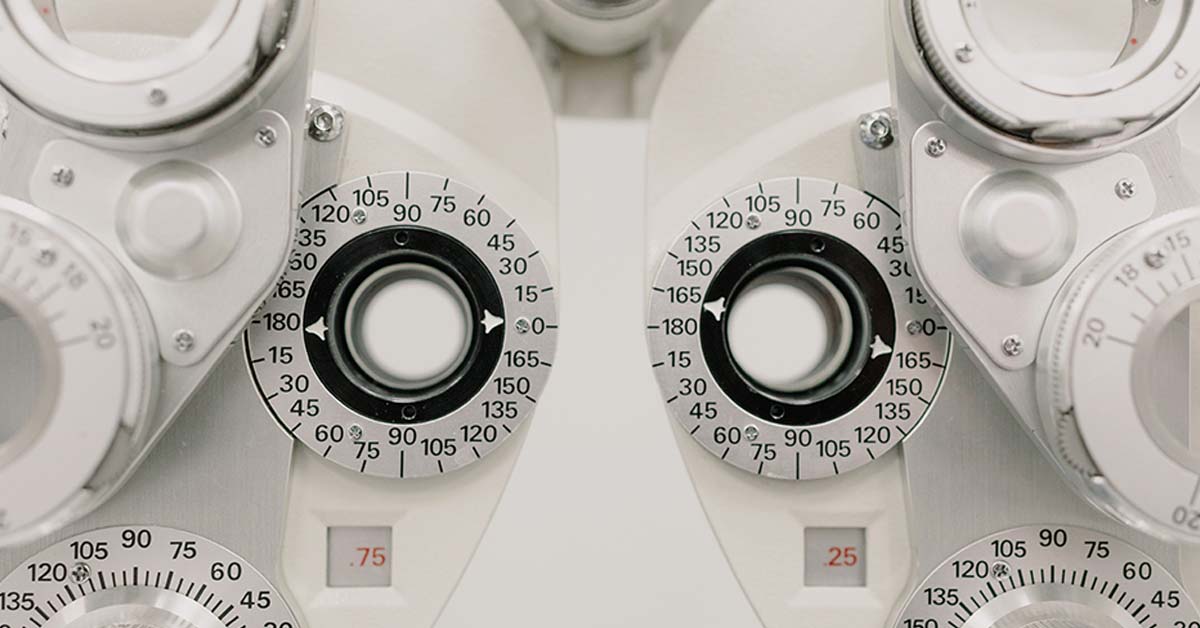Quality Calibration Solutions is pleased to provide comprehensive information on calibration standards for measuring instruments in Bangladesh. Calibration is a critical process that ensures the accuracy and reliability of measuring instruments used in various industries and scientific fields. In this article, we will explore the importance of calibration standards, their role in maintaining measurement accuracy, and how they contribute to the growth and quality of industries in Bangladesh.
Understanding Calibration Standards
Definition and Significance
Calibration standards are reference instruments, equipment, or procedures used to establish and maintain measurement accuracy. They serve as benchmarks against which the readings of other measuring instruments are compared. Calibration standards are vital in ensuring traceability, consistency, and compliance with national and international measurement standards.
Importance of Calibration Standards for Measuring Instruments
Measurement Accuracy:
Calibration standards provide a known and reliable reference for verifying the accuracy of measuring instruments. Regular calibration using established standards ensures that measurements are precise and reliable, reducing errors and improving product quality.
Traceability:
Calibration standards establish a traceable chain of measurement, connecting measurements made by different organizations or laboratories. Traceability ensures that measurement results can be compared and accepted internationally, promoting confidence and harmonization.
Compliance and Accreditation:
Calibration standards play a crucial role in meeting regulatory requirements and obtaining accreditation. Industries in Bangladesh, such as manufacturing, pharmaceuticals, and testing laboratories, must comply with standards set by regulatory bodies. Calibration standards help demonstrate compliance and ensure accuracy in measurements.
National Calibration Standards in Bangladesh
Bangladesh Standards and Testing Institution (BSTI)
Role of BSTI:
The BSTI is the national standards body responsible for promoting standardization, calibration, and metrology in Bangladesh. It plays a crucial role in ensuring accurate measurements across industries.
Calibration Laboratories:
The BSTI operates calibration laboratories that provide calibration services for various measuring instruments. These laboratories adhere to international standards and employ skilled personnel to perform accurate calibrations.
Adoption of International Standards
ISO/IEC 17025:
The International Organization for Standardization (ISO) standard 17025 provides general requirements for the competence of testing and calibration laboratories. Many calibration laboratories in Bangladesh strive to achieve ISO/IEC 17025 accreditation, which ensures compliance with international standards and enhances the credibility of their calibration services.
International System of Units (SI):
Bangladesh follows the SI system, which provides a coherent set of measurement units and defines the calibration standards for various quantities such as length, mass, temperature, and time. Adherence to SI units ensures consistency and compatibility in measurements across industries.
Calibration Process and Traceability
Calibration Process Overview
Selection of Calibration Standards:
Calibration laboratories in Bangladesh carefully select appropriate calibration standards based on their accuracy, traceability, and compatibility with the measuring instruments being calibrated.
Calibration Procedures:
Trained technicians follow established calibration procedures that involve comparing the readings of the measuring instrument to the reference values provided by the calibration standards. The instruments are adjusted or calibrated to minimize measurement uncertainties.
Calibration Certificates:
After calibration, laboratories issue calibration certificates that document the details of the calibration process, including the reference standards used, measurement results, and the uncertainty associated with the calibration.
Traceability to National and International Standards
National Metrology Institute of Bangladesh (NMI):
The NMI is responsible for maintaining primary standards and providing traceability to the SI units in Bangladesh. Calibration laboratories in the country seek traceability to the NMI to ensure the accuracy and reliability of their measurements.
International Traceability:
Through participation in international comparison programs and collaboration with international metrology organizations, Bangladesh ensures traceability to international standards, allowing measurement results to be globally recognized.
Importance of Calibration Standards in Industries
Manufacturing Industry
Quality Control:
Calibration standards play a crucial role in maintaining quality control in manufacturing processes. Accurate measurements ensure that products meet specifications, reducing defects and improving customer satisfaction.
Compliance with Standards:
Industries in Bangladesh must comply with national and international standards to ensure product safety and market acceptance. Calibration standards provide the necessary accuracy and traceability to meet these standards.
Pharmaceutical Industry
Product Quality and Safety:
Calibration standards are essential for pharmaceutical companies to ensure accurate dosage measurements, quality control of raw materials, and adherence to strict regulations. Proper calibration of instruments contributes to the production of safe and effective medications.
Good Manufacturing Practices (GMP):
Compliance with GMP guidelines requires accurate measurements in various manufacturing processes. Calibration standards help pharmaceutical companies meet GMP requirements and maintain consistent quality.
Testing and Metrology Laboratories
Accuracy and Reliability:
Calibration standards are the foundation of accurate and reliable measurements in testing and metrology laboratories. These laboratories provide calibration services to other industries, and the use of calibration standards ensures the highest level of measurement accuracy.
Accreditation and Recognition:
Calibration laboratories that adhere to calibration standards and obtain accreditation demonstrate their technical competence and gain recognition from customers, regulatory bodies, and international organizations.
Challenges and Future Outlook
Awareness and Education
Promoting Calibration Knowledge:
Creating awareness about calibration standards and their importance is crucial in industries across Bangladesh. Education and training programs can help professionals understand the significance of calibration and its impact on accurate measurements.
Collaboration and Knowledge Sharing:
Collaboration between industry stakeholders, calibration laboratories, and standardization bodies can facilitate knowledge sharing and the development of best practices in calibration.
Technological Advancements
Automation and Calibration Software:
The integration of automation and calibration software can streamline the calibration process, improve efficiency, and minimize human errors. Adopting advanced technologies can enhance calibration practices in Bangladesh.
Industry-Specific Calibration Standards:
As industries become more specialized, the development of industry-specific calibration standards can address the unique measurement challenges faced by different sectors, further improving measurement accuracy.
International Collaboration
Participation in Interlaboratory Comparisons:
Bangladesh’s involvement in interlaboratory comparisons and proficiency testing programs at the regional and international levels can enhance traceability and promote confidence in measurement results.
Collaboration with International Metrology Organizations:
Collaborating with international metrology organizations can provide access to expertise, training, and support in establishing and maintaining calibration standards.
Calibration standards for measuring instruments play a vital role in ensuring accurate and reliable measurements in various industries in Bangladesh. Adherence to calibration standards, such as ISO/IEC 17025 and the SI system, promotes traceability, measurement consistency, and compliance with national and international regulations.
Calibration laboratories, like Quality Calibration Solutions – BAB Accredited Calibration Lab in Bangladesh, plays a significant role in providing calibration services that uphold these standards and contribute to the growth and quality of industries in Bangladesh. Continued awareness, technological advancements, and international collaboration will further strengthen calibration practices, enhancing measurement accuracy and fostering industry excellence.

Md. Hasan Ibrahim is a Technical Manager at Quality Calibration with extensive experience in the calibration sector since 2015. Holding a Bachelor of Science degree in Mechanical Engineering from Khulna University of Engineering & Technology (KUET), he has received training from various national and international organizations including CSIR-CMERI, QSI, BAB, NML-BSTI, memmert, and X-rite. With expertise in ISO/IEC 17025 assessment, method validation, metrological traceability, and uncertainty, he has successfully completed numerous calibration projects across diverse industries such as pharmaceuticals, food & beverage, oil & gas, textiles & garments, power plants, batteries, chemicals, hospitals & healthcare, and private universities.





